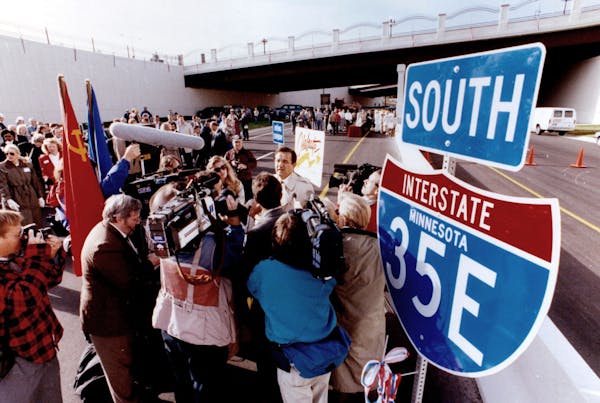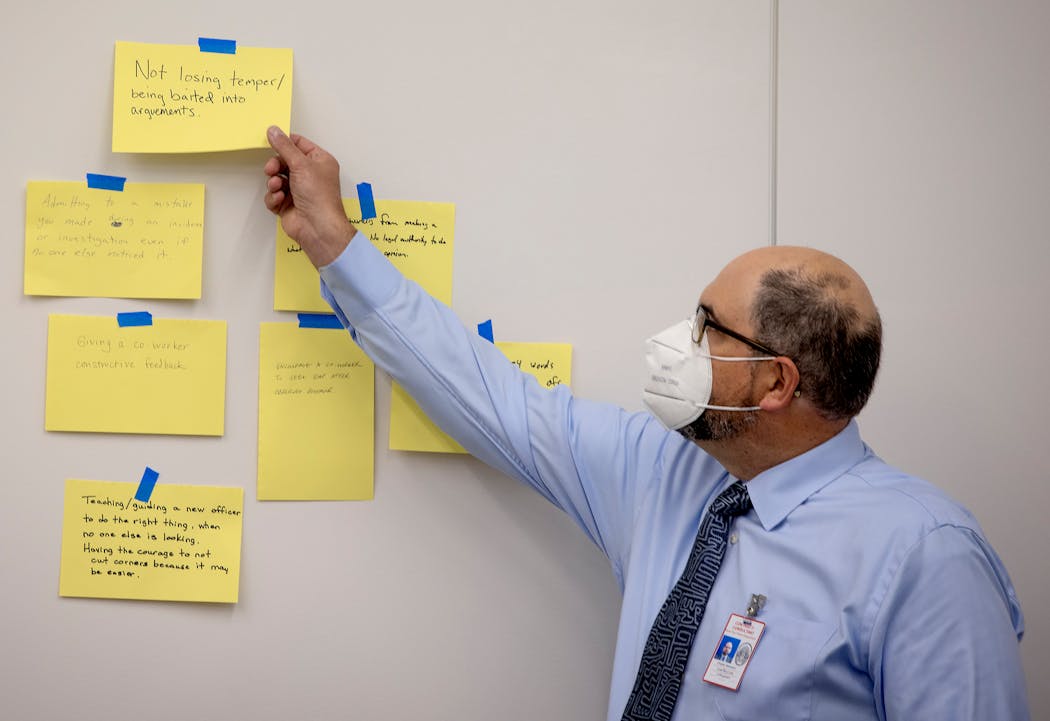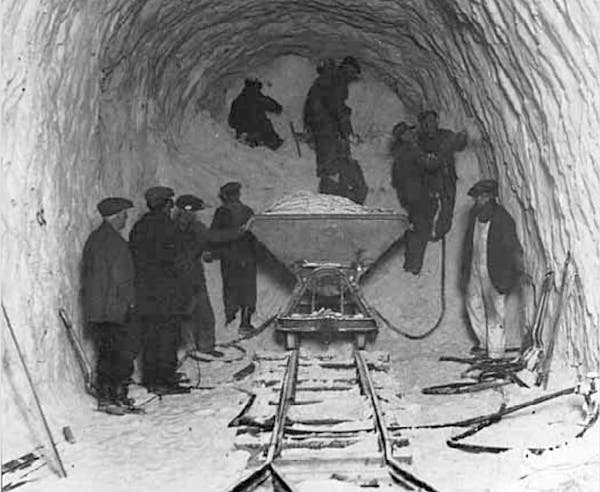What does it take to become a police officer in the state of Minnesota?
Listen and subscribe to our podcast: Via Apple Podcasts | Spotify | Stitcher
With all the talk about how police officers conduct themselves, Sharon Carlson of Andover had a question for Curious Minnesota: What kind of training do law enforcement officers receive across Minnesota? Is there one standard?
Carlson said she recognizes there needs to be a change in police culture, but says she's not anti-police. "I know police are needed," she said.
All law enforcement officers in Minnesota must be licensed. Those licenses are issued by the Minnesota Board of Peace Officer Standards and Training, known as the POST Board.
You need a two- or four-year post secondary degree from a regionally accredited college or university and must have successfully completed a board-approved peace officer education program. There are 30 such programs at colleges across Minnesota. To be admitted to a program, applicants must pass a psychological evaluation, a criminal history screening and a medical screening and physical fitness test.
Tom Draper, who coordinates the program at Hennepin Technical College, said that among the things his program teaches is criminal and traffic codes, the use of firearms, in-progress crimes, mental health calls, domestic conflicts, sexual assaults, traffic stops and evidence training. Students must also pass a POST test.
Later, new officers who are hired by departments get more training, Draper said. "Throughout an officers' career they are required to have 48 hours of additional training every three years," he said.
The Minneapolis field training program for new officers is five months long and is still in place, despite needing to make accommodations due to the pandemic.
"We conduct in-service training throughout the year," says Darcy Horn, commander of the Minneapolis police training division, in an email. "In general we provide the training but occasionally bring in outside agencies and entities," she said, such as dangerous dog training,
George Floyd's death last May, led to criminal charges against four Minneapolis police officers. It has also spurred new training.
"They [the Post Board] is now adding new objectives since the Floyd case where officers will be required to intervene," says Draper. Intervening to stop another officer from engaging in improper conduct has become a watchword for departments.
That approach was well underway in St. Paul before Floyd's death.
St. Paul police are trained in "ethical policing," a program first developed in New Orleans. St. Paul Chief Todd Axtell says he tells young officers, "If I am having a bad day, and they see something that I shouldn't be doing, I need young officers, to tap me on the shoulder and say, 'Chief I've got this.' "
In hiring officers, he wants candidates who go into policing for the "right reason," Axtell says. "If you want to be a police officer because you like to fight, you like to drive fast, and you like what you see on TV in the cop shows, you are getting into the wrong profession," he said. "The overall majority of what we do, day-in and day-out, is to help people navigate some of the worst moments of their lives and to be able to do that, you need to have a guardian mindset."
If you'd like to submit a Curious Minnesota question, fill out the form below:
Read more Curious Minnesota stories:
Should you really let your car run on cold mornings before driving it?
Why was I-94 built through St. Paul's Rondo neighborhood?
Why are vehicle tabs more expensive in Minnesota than in other states?
Minneapolis plows its alleyways. Why doesn't St. Paul?
Why does Minneapolis keep planting trees under power lines?
Why is Minnesota the only mainland state with an abundance of wolves?
Why is Minnesota more liberal than its neighboring states?




